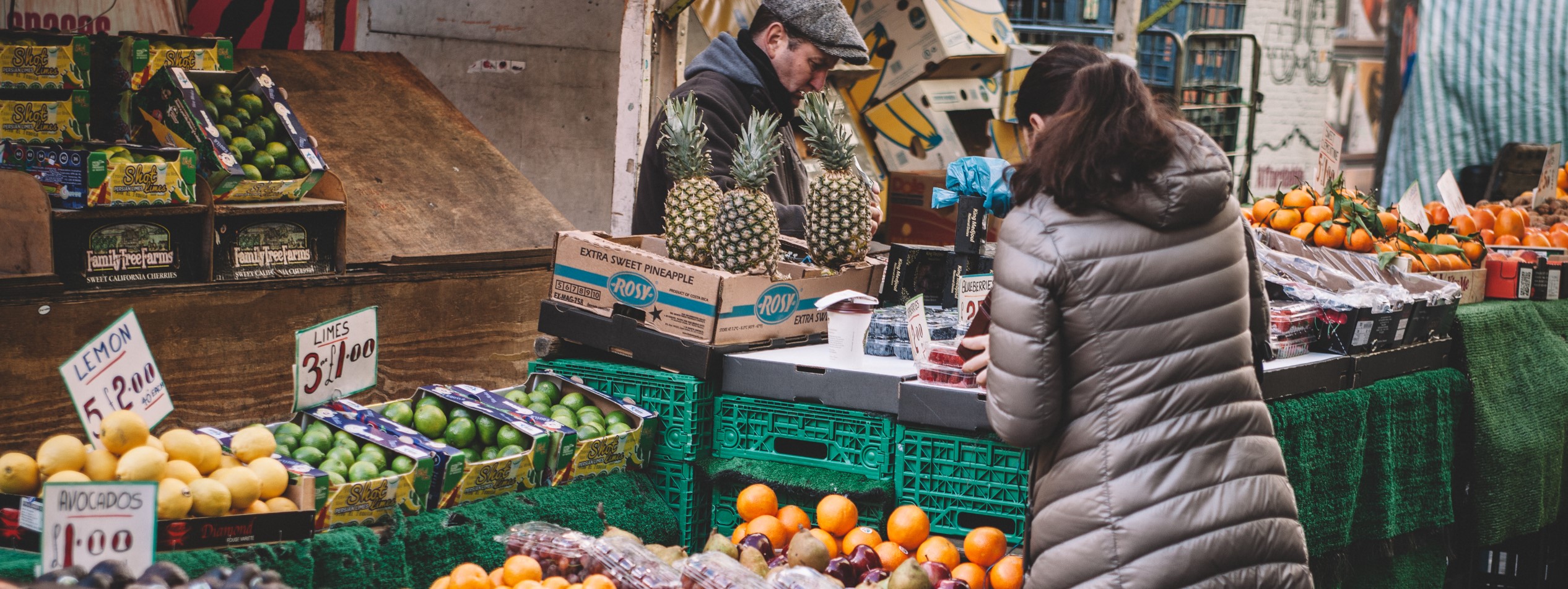Food, in its most simple form, is about providing sustenance. It is not always that simple though, as food is integrated into cultures and religions. Telling people to eat differently is not just about them changing where they get their sustenance, but actually potentially asking them to change their culture or religion. I believe that is a lot to ask of someone.
I read an academic study recently, which was written back in 2011, called “Solutions for a cultivated planet”. It was written by a group of 21 scientists and published in the very prestigious journal, Nature1. The article is an analysis of what needs to change globally in order for food to be produced in a more sustainable manner. Basically, how do we feed an ever growing global population, while reducing the environmental impact of this increased agricultural production? There were four main strategies identified. Three of them were focussed on farm management, which is the work that Trace & Save does, supporting farmers to become more sustainable in their agricultural practices. The fourth strategy was focussed on consumers though: “Increase food delivery by shifting diets and reducing waste”.
I opened with the paragraph about understanding how much you are actually asking someone to change when discussing shifting diets, because I am not an advocate for the extremes such as cutting out all red meat, or veganism. I understand why people choose these paths for environmental reasons, and absolutely respect and support that, but I’m not sure that environmentalists and sustainable agriculture advocates fully realise what they are asking when they just throw out that people should change their diets. This is especially true when it comes to livestock farming and products. I absolutely agree that the choices we make with regards to the food we eat have environmental consequences. That is why I believe we need to start changing the way we think about food. There is no need to change what we eat completely, but rather become more conscious of the environmental impact associated with the food that we eat. Red meat uses a significant amount of water to produce per kilogram, but grass-fed meat has the potential to contribute to regenerative agriculture if done correctly. How is the red meat you eat produced? Milk has large amounts of greenhouse gas emissions associated with its production, but pasture-based dairy farming can sequester carbon, reducing global atmospheric carbon levels (read more: Putting sustainable farming theory into practice; Cows might actually be part of the solution). Does the milk you buy contribute to the problem, or the solution?
Not only is it about how the food we eat is produced, but also how much we eat. One of the main points made in the article was that a large amount of food is wasted, never actually contributing to anyone’s sustenance. Food waste is a huge issue. Many people actually say there is sufficient food produced currently to support the entire global population. The problem is that there is such significant wastage – the estimate is around 40%1. Reducing food waste is relatively easily, if people become more conscious of it. The challenge is extending to actually consuming less. This is especially true of products with the highest associated environmental impacts. Instead of eating a 500g steak, would we consider eating a 250g steak?
I am not asking anyone to completely change their diet, but rather to consider making adjustments to the way we buy and eat. Are you supporting environmentally friendly farmers? Do you know the environmental impact of the food you eat? Have you considered eating slightly less of the foods which have large associated environmental impacts? Do you consider the amount of food you end up discarding of? Have you considered buying smaller amounts of food at a time so that a minimal amount goes to waste? These are just a few of the questions I think we should be asking ourselves.
References:
- Foley JA, et al. (2011) Solutions for a cultivated planet. Nature 478(7369):337-342.
- A carbon footprint assessment for pasture-based dairy farming systems in South Africa - 2024-02-07
- What progress have farms participating with Trace & Save made over the past 10 years? - 2023-09-06
- Carbon footprint reduction over time: Lessons from pasture-based dairy farms in South Africa - 2023-09-04


